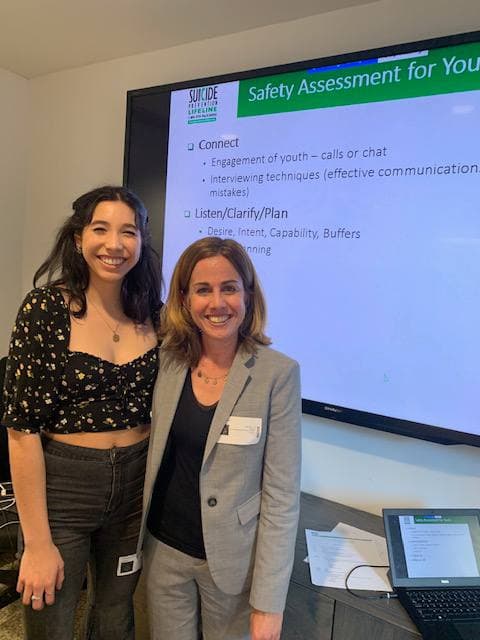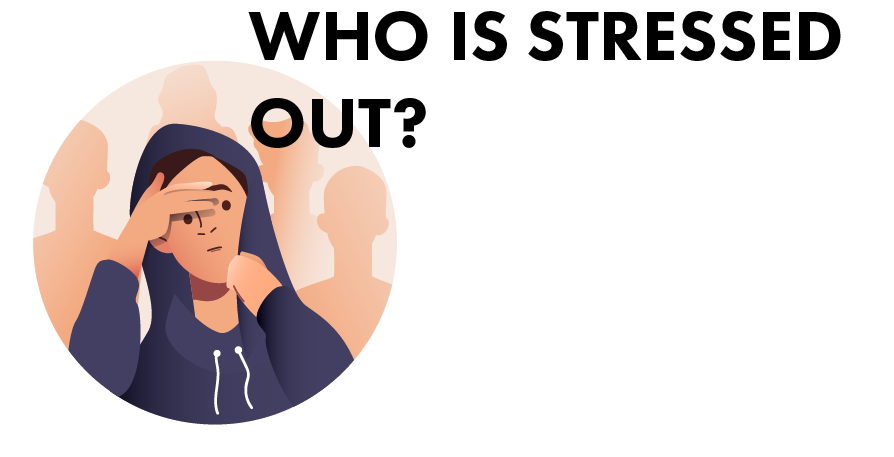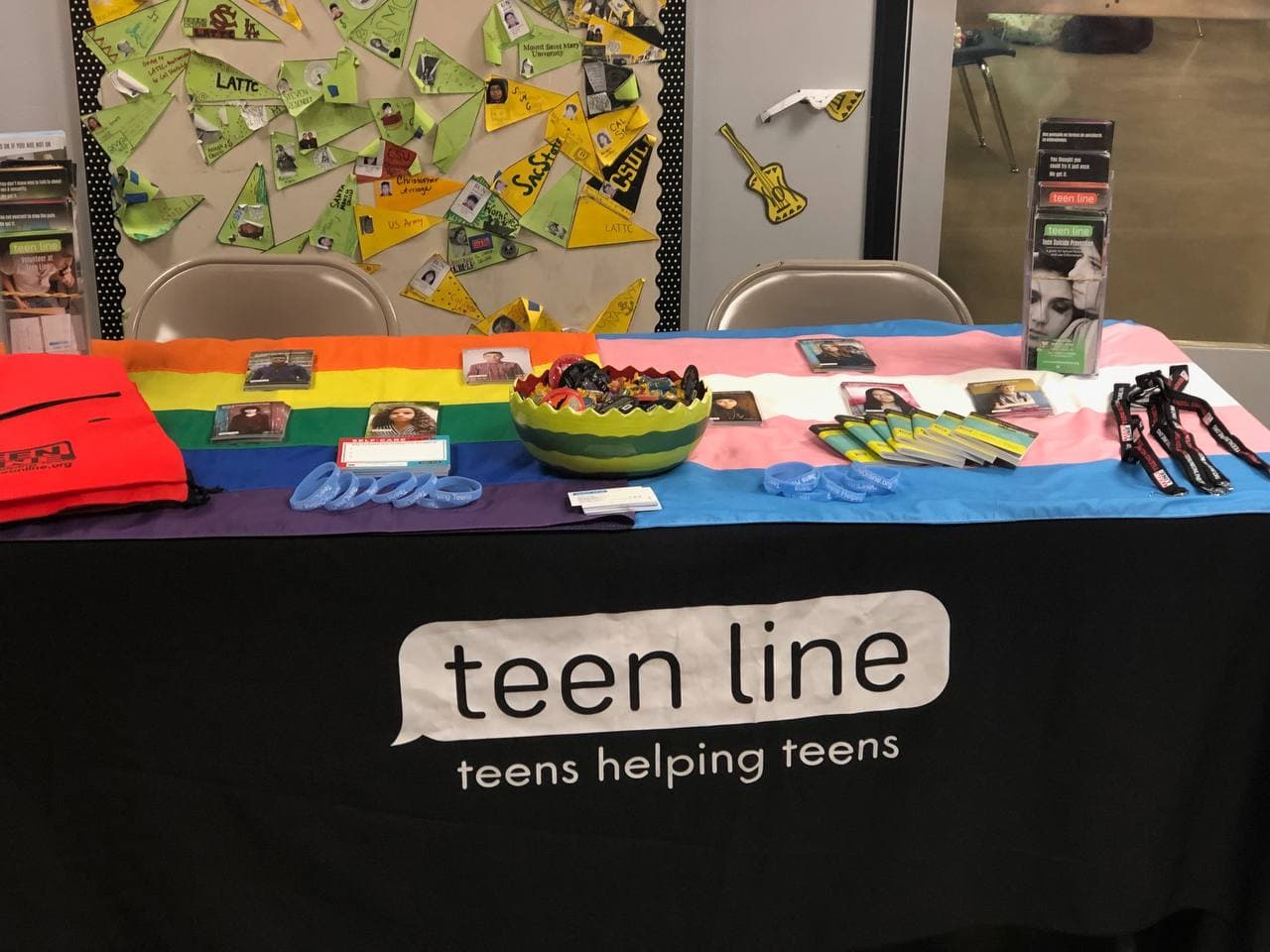
Teens helping teens: preventing youth crises
August 12th, 2021
Inzhu Mukhametkali
It is hard to be a teenager today
It’s not easy to be an adult, but it’s not easy to be a teenager either
There are plenty of other stressors for teenagers, including tests, high standards and expectations of their parents mostly for education. It requires mental strength to make a step from high school to higher education for both parents and kids. There have been loads of moments when mental concerns emerge, and teens fall apart. Teens get into bigger groups not expecting others to be better or test better. “I think sometimes we, as parents don’t give them the tools to cope. We rush in and fix them without showing how to deal with some emotions. And the first time when something does not go their way, they don’t know how to cope with that,” explains Cheryl.
One test is really not a measure of who a person is, but it’s huge because it determines such a course of your life that it’s hard not to take it that way
Not every kid is an amazing student
“Sometimes it is the age. They are not mature enough or ready to take that pressure, and maybe a gap year* could help them.”

Not every child needs to go to university
It is not all about the test, it’s about the person they are
Teens, especially at schools, learn how to support each other. They mostly go through more or less the same academic experience and understand what it takes to get over tough times. It’s interesting how they can either be amazing at supporting each other or the worst and tearing each other apart. It becomes a competition for the best score. But teens are capable of getting empathic with each other. Some of them come to these skills naturally, while others can be taught. Luckily, there are mental health clubs and schools can make them part of the curriculum. For example, students can learn to share their feelings in class. And there are many things can be taught in school to let teens know they are not alone.
Some kids live two different lives
It is not safe for teens to be who they are
“Even here we have gone through not accepting at all. And with their family, it’s hard to not be who they are, but to think about safety,” says Cheryl. She continues giving some background of the issues in the US. “We are lucky to have some LGBTQ clubs at schools, where teens can be safe and be who they are. And then at home to be a different way which is a hard way to live, but at least they have these outlets. We also have communities online, where they are able to find people like them, which is where I think social media is a key and can be lifesaving. Because we know that some LGBTQ kids who are not supported by their families are more likely to commit suicide. But finding an online community may help. And there are probably more secret communities in Kazakhstan where people can be who they are. There are many people who live their lives in a certain way and it’s challenging. Parents in the US also think they failed if they have a kid with a different sexual gender. This makes teens shut people out, including their friends. And it’s all because of that stigma that need to be changed.”
You need a group of people who believe in you to feel confident
At least one person
Support helps people with being comfortable in their own skin. “It is a lifelong process,” says Cheryl, “even adults don’t feel comfortable in their own skin.” One of the ways to support them is spreading awareness of resources (online or not) where they can talk to other people. Even if they don’t use it, at least they are aware of their existence. For example, YouTube can be helpful because some kids are “observers” who are quiet while reading or watching. They don’t necessarily respond, but they take information in.




